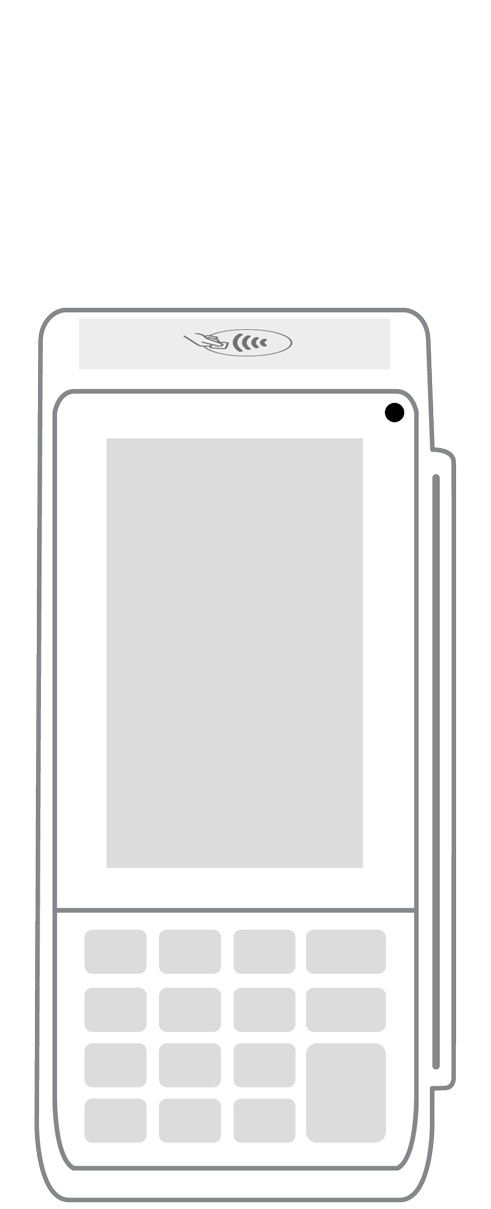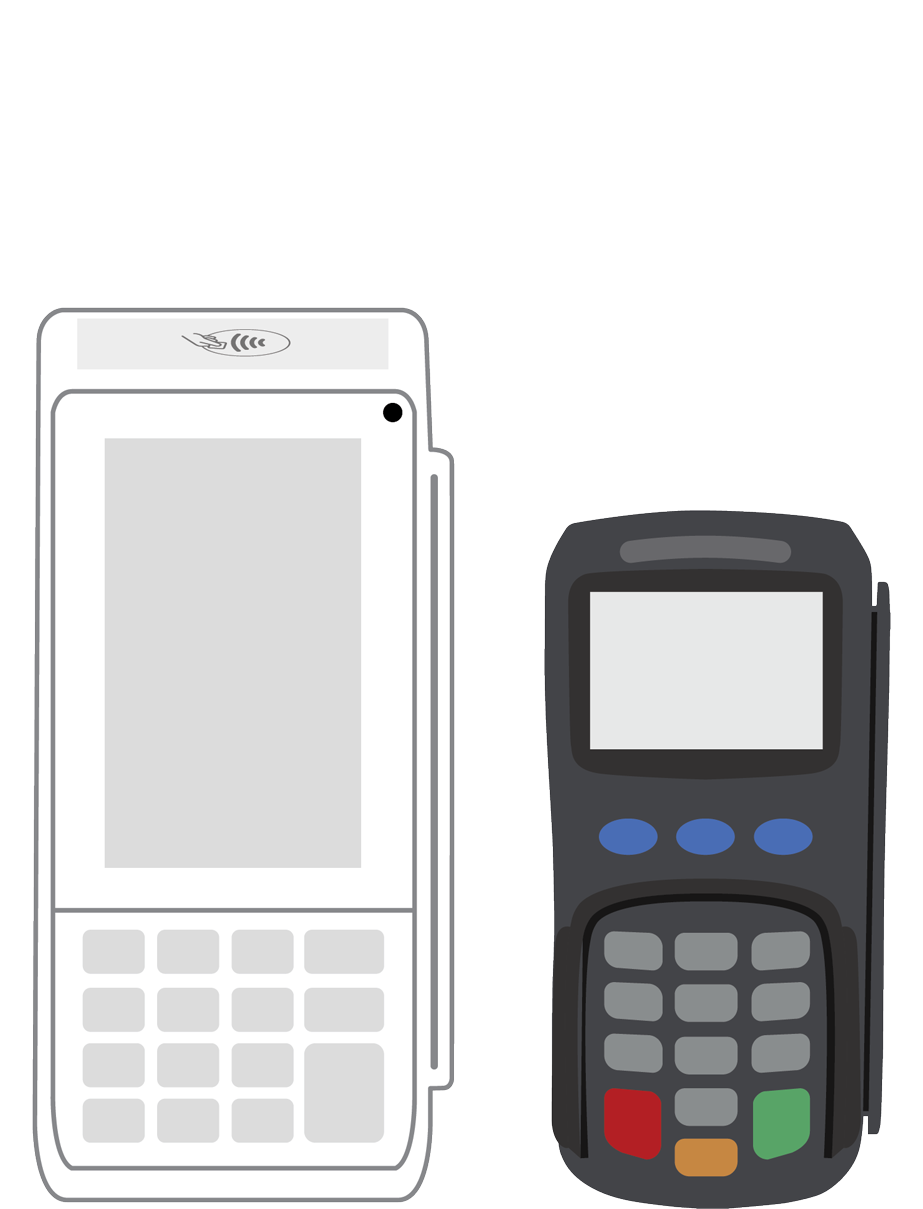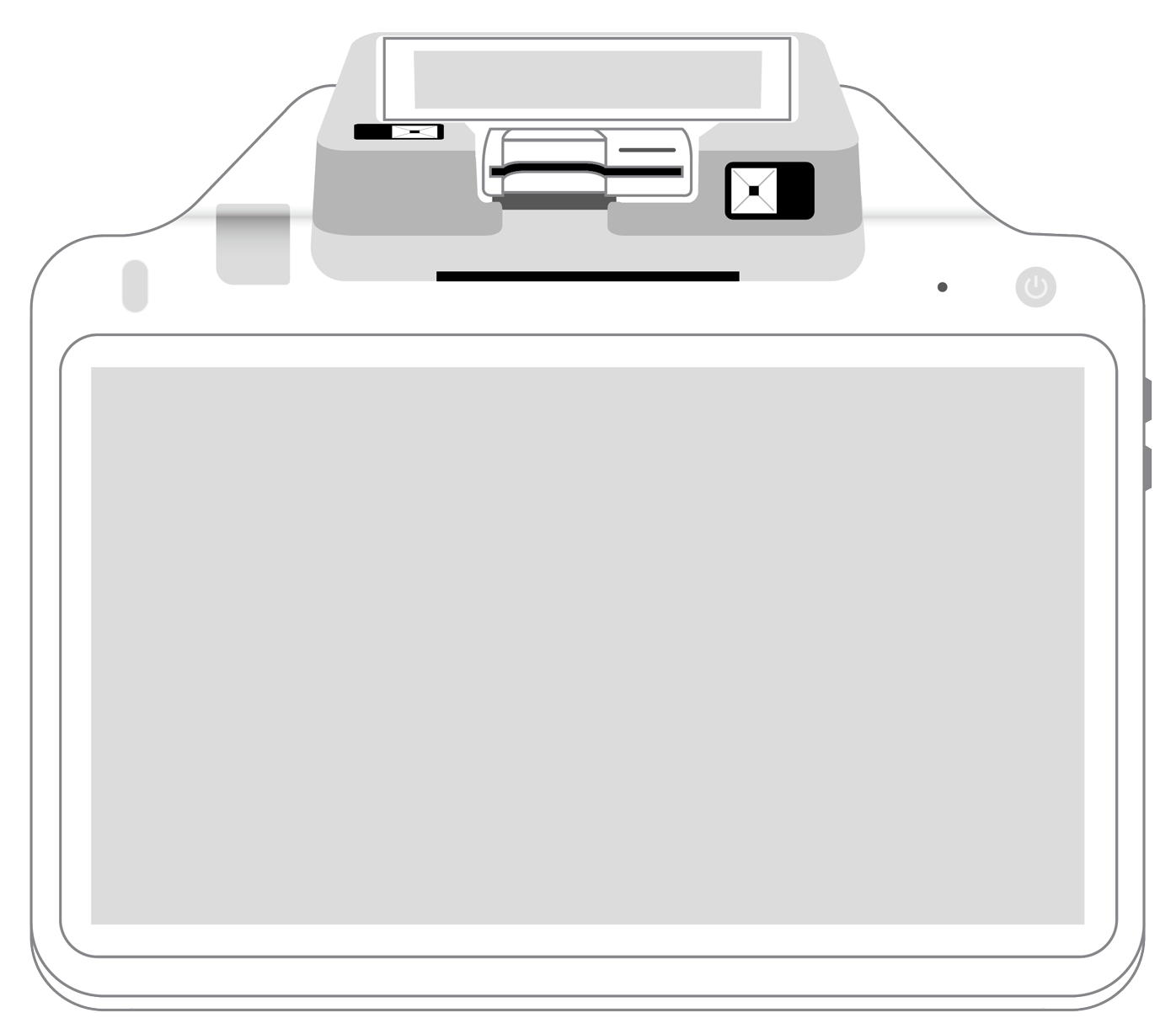How a point of sale solution can improve efficiency, reduce errors, and enhance overall financial management

Businesses of all sizes benefit from point-of-sale and inventory management systems.
While point-of-sale (POS) systems traditionally belonged solely to retail companies, modern POS systems have evolved to include advanced features, including inventory management in all-in-one packages.
Adopting a point-of-sale system with an inventory management feature enables greater accuracy, improves efficiency, and enables better financial management overall.
Point of sale vs. inventory management.
Retail establishments and restaurants have historically used point of sale systems to accept payments. Typically, these systems were limited to cash registers to accept payments and track sales.
However, modern POS systems are digital and allow businesses to accept payments where customers are instead of being limited to a physical cash register.
Instead, businesses can use internet-connected devices with POS apps to accept payments. The system calculates the price, including sales tax, accepts the customer's payment by credit card, debit card, gift card, or cash, gains the bank's authorization for any debit or credit card transactions, and updates the inventory to show the sale.
Warehouses and other businesses use inventory management systems to track and manage inventory levels. These systems track inventory, manage supply chains, reorder raw materials or products, and replenish stock levels.
Businesses can use data from inventory management systems to make decisions about production, purchases, and price-setting.
A sophisticated point of sale system offers inventory management as a feature, allowing businesses to benefit from both types of systems in one software package. The combination of features can provide multiple advantages to companies described below.
Reducing human error.
POS systems reduce human error when inputting prices, calculating sales taxes, and providing receipts. Instead of a human entering information, the system automatically calculates the price and sales tax and provides a receipt.
It can scan barcodes or QR codes to ensure the business charges the customer the right price for the service or product and automatically calculate local and state sales taxes that apply.
This helps to prevent over and undercharges and limit customer disputes. Since they track sales and returns with greater accuracy, POS systems also help by correctly classifying and recording transactions.
Optimizing inventory management.
A POS system with an inventory management feature improves operational efficiency by tracking inventory levels automatically, producing data about sales trends, and enabling the accurate determination of reorder points.
The system can sync with suppliers, warehouses, or a business's online store to provide inventory updates in real-time.
By sending alerts, the system notifies the business when its supplies are running low so reorders can timely be completed. Businesses can also be notified if they have excess inventory and need to clear some of it out.
Finally, businesses can benefit from accurate product sales data to make informed decisions about restocking.
Streamlining financial reports and data analytics.
POS systems improve financial management by providing valuable insights to a business about market trends, customer behavior, and sales trends. These systems integrate with accounting, marketing, or CRM software to improve accuracy.
Businesses can generate multiple reports with their POS systems, including profit and loss statements, sales reports, tax reports, and more.
Owners and managers can also review data from their POS systems to evaluate key metrics, including sales volumes, conversion rates, average transaction values, and customer loyalty information.
Having access to these reports and metrics enables businesses to make more informed, strategic financial decisions.
Obtaining funding quickly.
Many businesses go through down cycles when they need cash to meet payroll or other obligations. A smart POS system can allow businesses to obtain same day funding from reputable sources to meet their day-to-day operational needs.
Businesses can process their batches with their POS systems and receive deposits in their accounts from their merchant service provider within hours rather than waiting for days, which is ideal for bars, restaurants, and other establishments with cash flow needs.
Increasing efficiency and productivity.
POS systems increase productivity and efficiency by automating many business tasks that previously required manual entry. Instead of spending valuable time processing payments, generating reports, or managing inventory, staff members can focus on other important tasks.
With a reliable POS system, a business won't have to rely on paper records, manual data entry, or using multiple devices. Business owners and managers can access POS data from anywhere, saving the business money and time.
A point-of-sale system no longer refers to a cash register centrally located in a business. Instead, modern POS systems are digital and can process and track payments from any connected device with the app installed.
Systems with an inventory management feature provide additional benefits to companies of all sizes, enabling them to track product levels, make accurate forecasts, and understand when to reorder products.
Finally, businesses with POS systems can benefit from the availability of same-day funding and increased productivity and efficiency, helping them meet their daily cash flow needs and achieve their goals.
 3-in-1 Reader |  Terminal |  Keypad |  PINPad Pro |  Flex |  POS+ | |
|---|---|---|---|---|---|---|
Payment types | ||||||
EMV chip card payments (dip) | ||||||
Contactless payments (tap) | ||||||
Magstripe payments (swipe) | ||||||
PIN debit + EBT | ||||||
Device features | ||||||
Built-in barcode scanner | ||||||
Built-in receipt printer | ||||||
Customer-facing second screen | ||||||
External pinpad | ||||||
Wireless use | ||||||
Network | ||||||
Ethernet connectivity | With dock | |||||
Wifi connectivity | ||||||
4G connectivity | ||||||
Pricing | ||||||
Free Placement | ||||||